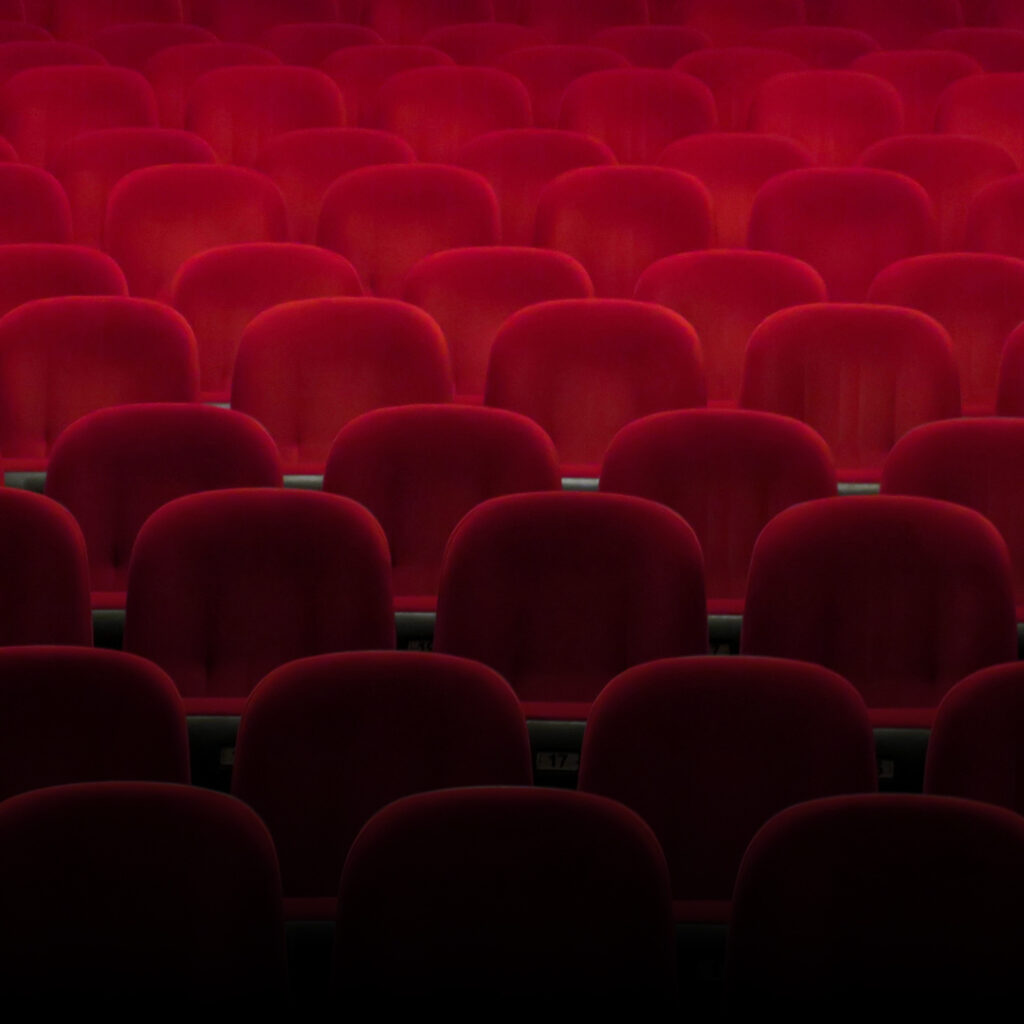The smell of coffee and ratluk pastries. Brutal concrete beams and pebbles trapped in cement. Grand lobbies and dimly lit studios, offices and labs. If you’ve never been, this is your first impression of the Faculty of Dramatic Arts in New Belgrade.
A well-meaning observer might say “there’s no accounting for taste,” and for casual small talk, they’d be right. But for a higher education institution where aesthetics—both as discipline and skill—are conditio sine qua non, taste is everything. Yet what strikes you about FDU isn’t its somewhat faded, time-warped architecture, but rather the substance being studied inside.
I’m sitting with Miloš Pavlović, the dean, and Ana Martinoli, the vice-dean, in his office. I’m pitching potential collaborations between our young company and their 70-year-old institution—media literacy, digital skills, influencer projects, social responsibility initiatives, YouTube content. They listen, silent. Across the long, dark table, plaques and awards are lined up, the most prominent being the Vuk Award. It’s easy to feel self-assured facing what seems like an old-guard institution.
Founded post-war as the Academy of Theatre Arts, the school quickly realized that theatre alone couldn’t cover the rapidly evolving media landscape. So in the 70s, it rebranded as the Faculty of Dramatic Arts (theatre, film, radio, and television). My hosts point this out, then start talking about video games, transmedia art, critical thinking, and their students’ competitiveness in the job market.
What Ana and Miloš are really describing is how an institution expected to embody stability adapts to chaotic times. And this isn’t just trial and error—FDU has codified its approach.
The faculty routinely demands innovation from new students, ensuring they grasp the zeitgeist. They’ve updated curricula to reflect media evolution, launching master’s programs like Digital Transformation of Media and Culture and Advertising and Media, while hosting conferences on political, democratic, and cultural shifts. They don’t shy from the everyday—they prepare students to thrive in it.
How does FDU know where to position itself? By embedding axioms into its strategy:
-
“If it’s about gaming, it’s about our students.”
-
“We don’t look down on competitors (even private ones)—we learn from them.”
-
“In the region, this faculty is a hub.”
The results speak for themselves. FDU is the most prestigious school of its kind in the region, a magnet for gaming industry giants, and recently secured an Epic Games grant to develop a new program in animation, VFX, and game art.
During the pandemic (and long before), FDU improvised—successfully. “We value every chance to break routine, so we’re not afraid to experiment,” they tell me. This ethos is formalized in their Interactive Arts Lab, where hackathons, gamification, VR, and AI have become part of the school’s DNA.
What Ana, Miloš, and their colleagues are doing isn’t just a knack for crisis adaptation. It’s a toolkit for navigating chaos, echoing strategies Fernando F. Suarez and Juan S. Montes outlined in Harvard Business Review: well-systematized routines, simple heuristic rules, and structured improvisation. These can take you to Everest’s summit—or, in FDU’s case, to another inevitable rebranding.
But they’re not the only ones who need a new name.
If we lead our companies through perpetual crisis with the same agility, we’re all ripe to become Faculties of Dramatic Arts.
So—what kind of dean are you for your own FDU?

